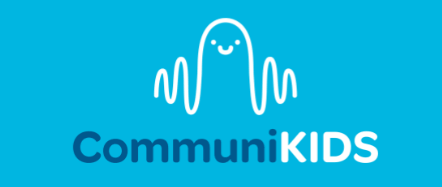Language and Everyday Routines
Many parents lead busy lives, and finding time to set aside for one-on-one time with your little one isn’t always possible. However, just because you can’t create more hours in the day doesn’t mean you can’t work on language! Here are some activities you already do in your everyday life that you can easily incorporate language into.
Cooking
All of us need to eat, which means often even the busiest of parents find themselves in the kitchen at some point during the day, whether it’s preparing a meal or getting a simple snack. This is a great opportunity to get your child involved, either through lending a helping hand with the safe parts of cooking or even setting them up in their chair to watch. There are so many different words involved in cooking as well! As you do each step, talk about it - you ‘cut’ the onions, ‘mix’ the batter, ‘pour’ the water. Add in some describing words like ‘hot’, ‘yummy’ or ‘spicy’. For those kids with more developed language, talk about each step using ‘first, next, finally’ and then, once it’s all done, retell how you made the food.
In The Car
What better opportunity to work on language than when your child is strapped into their car seat? A great way to start the car ride is by singing ‘Wheels on the Bus (or car!)’ with your child. If you’re a passenger as well, add in the different gestures. Start talking about the different things you see outside the window, the different actions you or your child does (turn, steer, stop, go) or add some describing words (bumpy, smooth, fast, slow). Every time you’re at a stop sign or red light, say ‘stop’ then ‘ready, set, go!’ - when it’s time to go, of course!
Good Night Routine
Lots of children learn from routines, so why not add language to the routines they already have? Use language routines, which are phrases that are predictable or repetitive, every night, like ‘Good night, sleep tight!’. Tuck them into bed ‘tight’ or ‘loose’, and give them goodnight kisses on different parts of their body. Ask if they want the light ‘on’ or ‘off’, or the door ‘open’ or ‘shut’. Talk about feeling tired, laying down and sleeping as well for some emotion and action words.
Bath time
At bath time, you can either quietly wash your child - which is definitely valid if you’ve had a long day! - or add in lots of language as you play in the bath. Use verbs like ‘splash’, ‘pour’ and ‘wash’. Add in some describing words - are they feeling cold or hot? Dry or wet? Is it slippery when they get out of the bath? You can also add some toys into the bath for some fun figuring out if things will float or sink!
These are just a few examples of the many ways we can use language in activities that you’re already doing - modelling lots of language throughout routines is a fantastic way to foster language development in your child!
